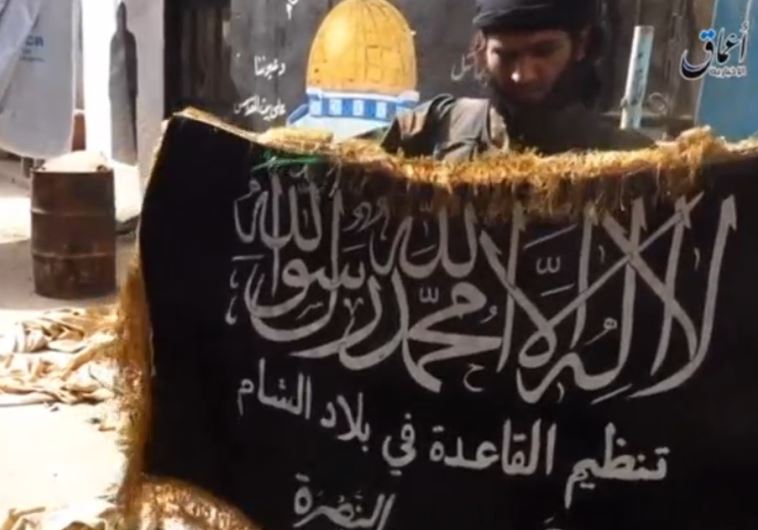Know Comment: Should ISIS be wiped out?
What can we say? The only certain thing is that Ayatollah Khamenei is watching this quintessentially Western open debate with amusement.
 ISIS claims partial control of Palestinian camp in Damascus(photo credit: screenshot)Updated:
ISIS claims partial control of Palestinian camp in Damascus(photo credit: screenshot)Updated: